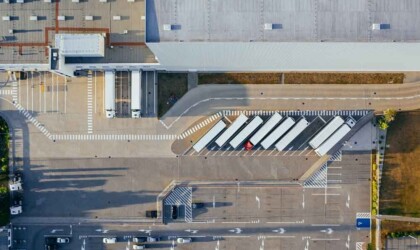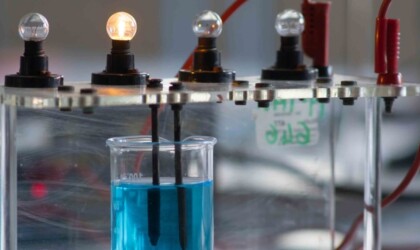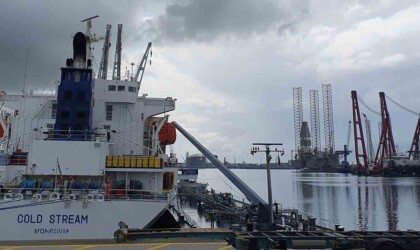Energie(k) Onderwijs or Energetic Education is a border region project that will recruit, train, retrain and upskill young people and adults for occupations to enable energy transition.

Energetic Education is implemented from the Interreg VI program Flanders Netherlands with a grant from the European Regional Development Fund (ERDF). Eighteen educational institutions, governments, a regional career fund, a regional intermediary and an entrepreneurial organization from the southern Netherlands and Flanders are working together in the project. The project has a scope of 4,200,000 euros.
A sustainable Europe
In order to limit global warming, the European level is working hard to significantly reduce greenhouse gas emissions and bring them to zero by 2050. To achieve this, competencies around sustainability are essential. Over the past decade, the focus of the energy transition has largely been on developing and testing innovative energy technologies. A necessary condition, but certainly not the only one, for this major, societal task to succeed.
Skilled personnel
More and skilled (energy) technical personnel at all educational levels is increasingly a bottleneck. The type of personnel needed will also change significantly in the coming years. There is a need for broadening skills and learning digital competencies. This is receiving increasing attention from all sides. The Energetic Education project is contributing to this.
Energetic Education is doing everything possible to prevent the energy transition from becoming bogged down by personnel shortages in the energy sector. The project does this by:
- making visible the qualitative and quantitative demand for (energy) technical personnel from the market;
- developing new and better educational programs in secondary and higher education, focused on the energy transition;
- develop retraining programs for lateral entrants;
- developing in-service training programs for current staff and teachers;
- enthusing schoolchildren, students and lateral entrants for a future in the energy transition;
- promoting national and regional cooperation between education, government and industry;
- creating hybrid apprenticeships at educational institutions and companies.
- and cooperation across borders.
The challenges we face on both sides of the border are similar. By cooperating across borders, needs can be met more quickly and efficiently and mutual competition can be countered. The educational institutions involved represent the majority of secondary/medium and higher (vocational) education in the sectors involved. The entrepreneurial organizations involved have a good picture of the work field in the Netherlands and Flanders. Together, the project partners want to ensure that corresponding skill levels are recognized across borders. For this reason, the eighteen project partners in the Southern Netherlands and Flanders will collaborate intensively in the coming years. Only cross-border cooperation will lead to a smarter and greener Europe. For an overview of the progress, updates, and achieved results of the Energiek Onderwijs project, we recommend taking a look at this project website and following our LinkedIn page.
Partners
In the Energetic Education project, the following partners from the Netherlands and Flanders are working intensively together:







